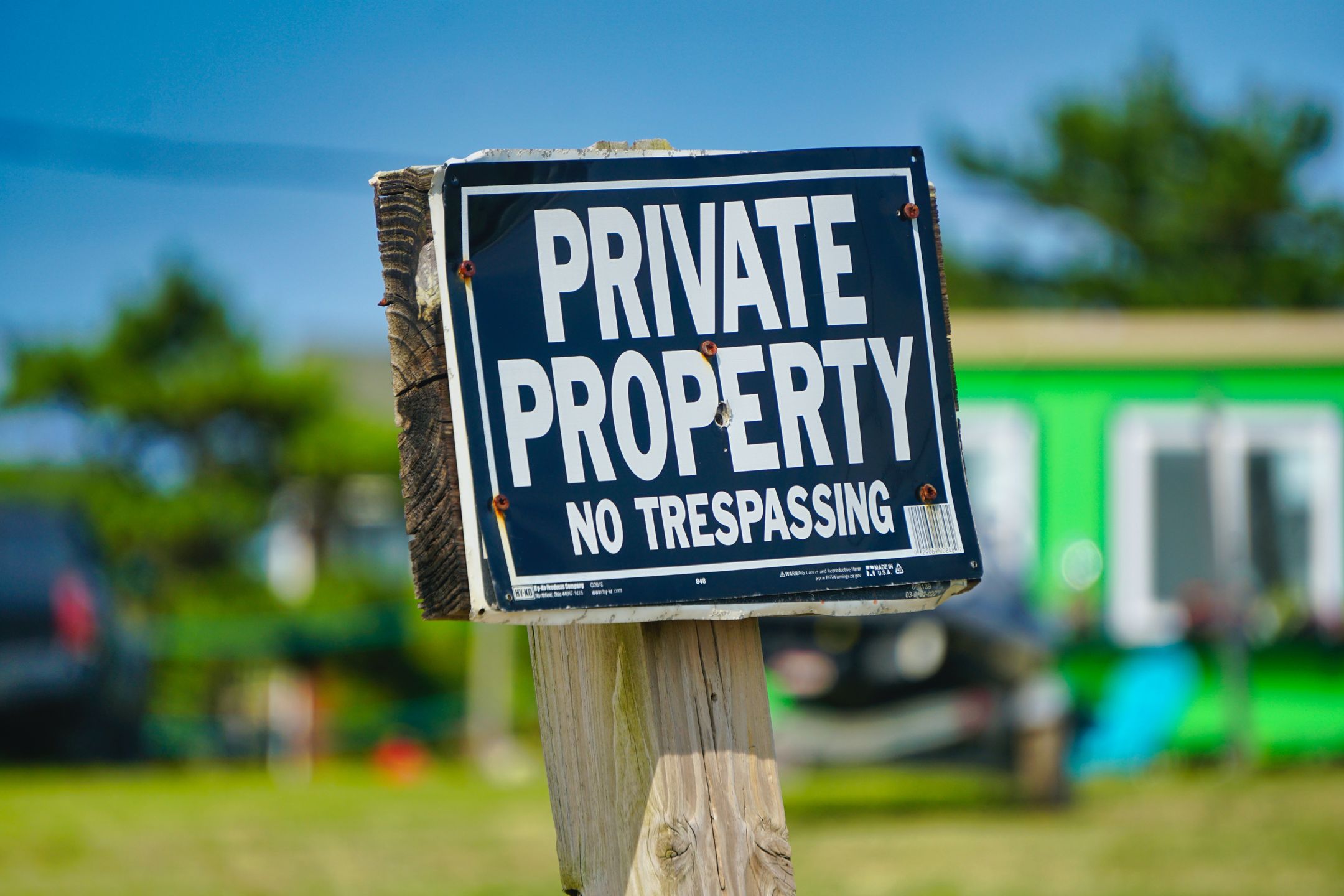What You Should Know About Land Properties

Land ownership is currently one of the best investments. Not only does its value increase over time, but it also generates income when you convert a land property into something else, such as a farm, commercial space, or property rental.
The problem is that properties all over the world are becoming prohibitively expensive. Furthermore, the procedure can be overly complicated. Land ownership laws are complicated. Understanding land ownership rights and procedures can help any prospective land owner avoid the risk of a shady sale, a scam, or an unreported property issue. So first, learn about the basics.
Purchasing a vacant lot, like any other real estate purchase, is a significant and complex decision. To begin with, there are numerous reasons to purchase a piece of land. When you buy a house, you probably want to live in it; however, when you buy land, you can choose to build your own house, use the property as a long-term investment, or even start a business.
A property also introduces a slew of issues that you would not normally encounter when purchasing a home. A vacant lot may be subject to a variety of restrictions, including the inability to build a house on it at all.
What is land ownership?
A land title, also known as a certificate of title, is a formal document that outlines the rights that a person or people have in a piece of property. While a title is commonly used to confirm property ownership, it can also assist prospective purchasers and landowners in learning more about existing liens, usage rights, easements, natural resource rights, and other rights. If your name is not listed on a property title, another party may legally own the property.
All property documentation in a given city should be kept safely. All legally recognized land rights and ownership transfers are recorded in a clerk’s office. In land disputes, recorded documents take precedence over informal ones. A legally binding land title is essential in land ownership and usage agreements.
What is ‘zoning’ and why is it important?
When looking at a piece of land, consult with your real estate professional and your local zoning board to determine what factors you may need to consider before building. Environmental factors may limit where you can build your home on your property. The value of your property may rise or fall as a result of future community development.
In addition, look at the other properties that surround the property you’re thinking about buying. Inquire with your real estate professional or the local planning commission about the plans for it. While you can’t predict everything, you can make a more informed decision on the land you want to buy with a little research.
Why are ordinances important to know?
Subdivisions are typically formed by dividing land that is to be built on or sold into smaller parcels. The land in a subdivision is likely already subject to some restrictions that you should be aware of before purchasing. If the vacant lot you’re looking at is in the middle of a developed community, chances are it’s governed by a homeowner’s association.
Homeowner’s associations charge membership fees and establish the rules for behavior and decorum in the neighborhood. Their rules may dictate how frequently you cut your grass, where you park your car, and even what kind of pets you have.
This is just an example showing why you should make sure that you know about the rules and ordinances that govern the land you’re buying. Extra costs and processes might be added to your initial expectations of an area.
Why you should prepare for building permits?
It’s a given inconvenience in real estate that almost everything you build will necessitate a building permit. Before you begin construction, you must deal with government zoning and obtain permits for building, permits for burning, and permits for, well, the list goes on and on. Yes, it’s inconvenient, but permits aren’t always a bad thing.
After all, prohibitions protect you from your neighbors’ bad habits while also restricting you. Construction permits protect the land and keep you honest with building codes, which ensure you can’t haphazardly build a structure that will collapse on itself like a house of cards.
As construction progresses, be prepared to apply for permits, permits, and more permits. Do you need to drill a well on your property to get water? You will require a permit. Do you need to install a septic system for sewage management? You will require a permit.
Permits are required for everything from plumbing to electrical work during the construction process. On the bright side, once all of the work is done, all of that paperwork will ensure you have a solid, completely legal investment. But first, you must locate the ideal plot of land. It’s time to get out there and look.
Key Takeaway
Purchasing a vacant lot, like any other real estate purchase, is a significant and complex decision. To begin with, there are numerous reasons to purchase a piece of land. When you buy a house, you probably want to live in it; however, when you buy land, you can opt to construct your own house, use the property as a long-term investment, or even start a business.
The property also introduces a slew of issues that you would not normally encounter when purchasing a home. A vacant lot may be subject to a variety of restrictions, including the inability to build a house on it at all. There is a lot to learn before investing in land. This article is an excellent place to begin learning about it.